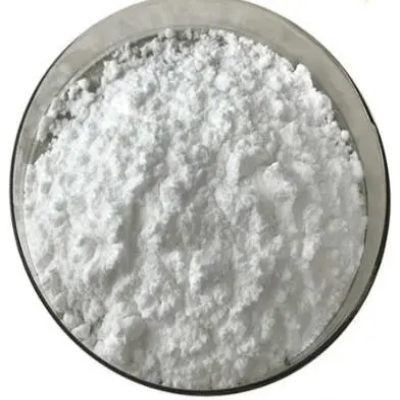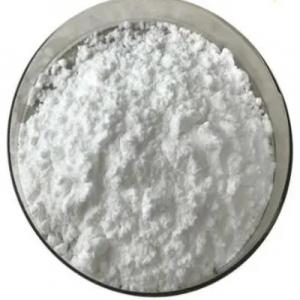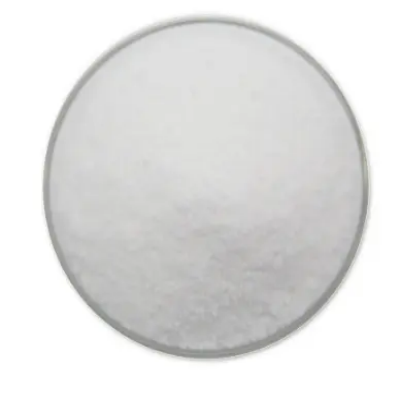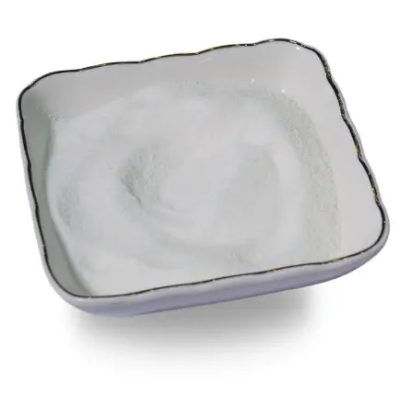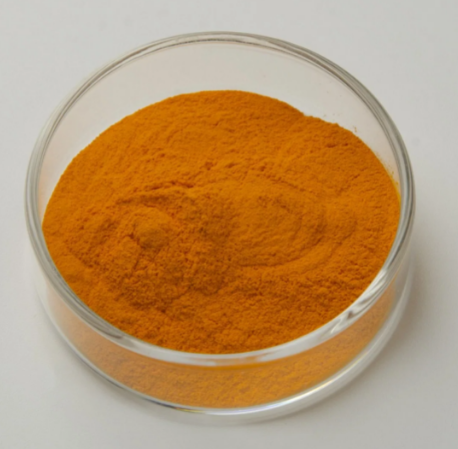Glycerol CAS:56-81-5
Glycerol plays a vital role in the formulation of pharmaceuticals and medicinal preparations, where its hygroscopic nature and solvating properties support the stability, viscosity, and palatability of oral syrups, cough medicines, and suppositories. Additionally, it serves as an excipient and co-solvent in parenteral formulations, supporting the solubilization and stabilization of active pharmaceutical ingredients, ensuring the safety, efficacy, and patient acceptance of injectable medications. Moreover, glycerol finds application in the production of pharmaceutical intermediates and drug delivery systems, contributing to advancements in drug development, biopharmaceutical manufacturing, and patient care by providing solutions for dosage form design, chemical synthesis, and therapeutic innovation. In the personal care and cosmetics industry, glycerol serves as a moisturizing agent, emollient, and viscosity modifier in skincare products, hair care formulations, and bath and body preparations. Its ability to attract and retain moisture supports the hydration, softening, and conditioning effects in lotions, creams, shampoos, and liquid soaps, contributing to skin comfort, hair manageability, and sensory attributes in personal care routines. Additionally, glycerol functions as a humectant and stabilizer in cosmetic formulations, including makeup removers, sunscreens, and color cosmetics, where it enhances the spreadability, adherence, and wear resistance of cosmetic products, meeting consumer expectations for long-lasting, comfortable, and aesthetically pleasing makeup and skincare items. Furthermore, glycerol finds extensive use in the food and beverage industry as a sweetener, preservative, and thickening agent. Its role as a sugar alcohol supports its application in low-calorie and sugar-free food products, including baked goods, confectionery items, and dietary supplements, providing sweetness, texture, and moisture retention while addressing dietary and nutritional needs. Moreover, glycerol contributes to the preservation of perishable goods and the texture enhancement of processed foods, such as dairy products, frozen desserts, and bakery items, ensuring product quality, shelf life, and consumer satisfaction. Additionally, it serves as a solvent and carrier for flavors, colors, and food additives, providing uniform dispersion and stability in food applications while meeting requirements for food safety, quality assurance, and regulatory compliance in food manufacturing and processing. Moreover, glycerol supports sustainable practices by serving as a renewable feedstock for the production of bio-based polymers, green solvents, and biodegradable plastics. Its utilization from renewable sources aligns with the growing demand for eco-friendly ingredients and environmentally responsible products in applications ranging from personal care to food manufacturing, reflecting a commitment to resource conservation and sustainable practices in the global marketplace. In summary, glycerol is a multifunctional liquid with applications as a humectant, solvent, and sweetening agent in pharmaceuticals, personal care, food formulations, and sustainable technologies. Its contributions to product performance, sensory attributes, and environmental sustainability underscore its importance in meeting diverse market needs and addressing evolving trends in consumer preferences and industrial practices.



| Composition | C3H8O3 |
| Assay | 99% |
| Appearance | white powder |
| CAS No. | 56-81-5 |
| Packing | Small and bulk |
| Shelf Life | 2 years |
| Storage | Store in cool and dry area |
| Certification | ISO. |


